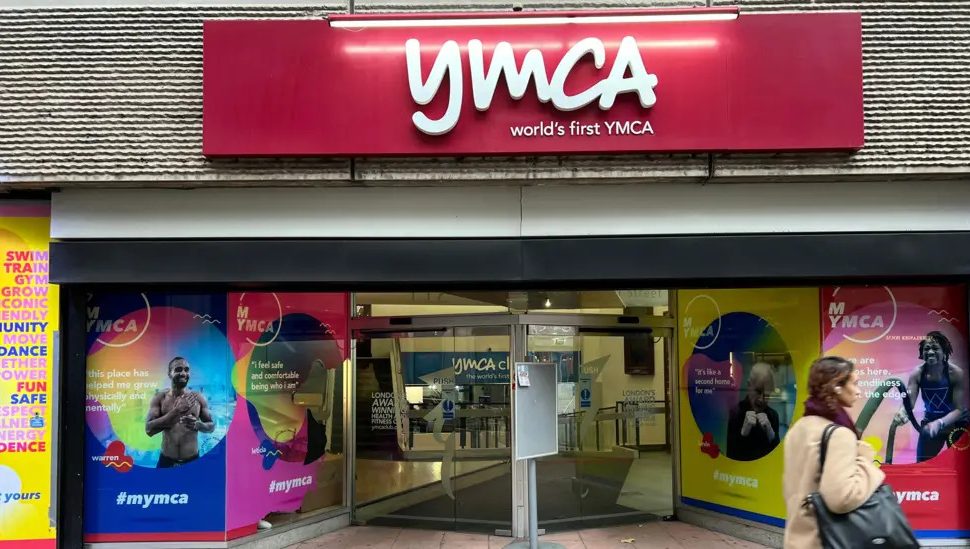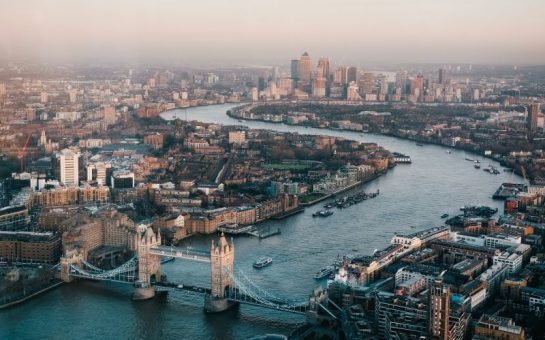Campaigners striving to save the world’s first YMCA are disappointed but not deterred following the High Court rejecting an attempt to stop the club’s sale.
On 2 December, London’s Central YMCA announced the club at 112 Great Russell Street would cease operations on 7 February and sold it to Criterion Capital, a property developer managing the Zedwell hotel chain.
Patrick Joy, a 74-year-old retired postal worker and a member of the Central YMCA Club, applied for an interim injunction aiming to bring stakeholders together to discuss the proposal of a six-month pause in the closure process, but Mr Justice Trower refused the injunction on 31 January.
Joy said: “I rely on the club for my health, and I attend regularly.
“I have no realistic alternative to the club at its current site in Great Russell Street due to my medical conditions, age, and financial situation.
“I would be completely bereft if the club closes.”
In a recent statement, CYMCA chief executive Ryan Palmer explained the club faces spacing and accessibility issues, and soaring site maintenance costs which could no longer be included within the number of members the club can support.
He added that their education services and other programs across the UK will remain open, as will CYMA clubs in Kings Cross and Moorgate.
Save the YMCA Club launched a petition in the wake of the sale being announced, which attracted over 7,500 signatures and more than 250 people to join their campaign groups.
Save the YMCA Club media manager Andrew Shields said: “Lots of people have told me, ‘I’m absolutely devastated, I don’t know what to do, I will feel completely bereft’.”
Shields reported the Central YMCA has a community of over 10,000 people, including 3,600 club members, at least 10 schools, and at least 20 community groups.
It is also a place of community for rehab patients from University College London Hospital, representing a huge range of age groups, backgrounds, and needs.
Shields said: “The impact on all those community group members and other users is profound and the scale is staggering.
“As well as staying physically active, members avoid isolation, and loneliness and can benefit from the social programs that the club offers.
“Everybody respects each other’s right to be there.
“It is a community in the strongest sense of the word, and it’s one of the things that makes it such a special place to go to.”
Its history attracts tourists from all over the world, particularly American Tourists who want to see the world’s first YMCA.
Sheilds said: “The loss of that site is devastating for such a significant place.
“It’s where, effectively, basketball in England began, and it’s where what we now think of as the fitness industry began because the YMCA was the first organisation to formalise training for fitness instructors.”
Palmer affirmed the YMCA’s goal, as an organisation, is to continue to dismantle barriers to accessing education and continue meeting the needs of underrepresented communities.
He added that selling the Central YMCA will allow the organisation to reinvest in ways of broadening their service provision to better serve both existing and new communities.
Central YMCA’s approach is now to find alternative options for members to access fitness facilities, although Shield claimed the alternative options fail to offer the same value.
Shields said: “The facilities aren’t good enough, they’re not big enough, there’s no social space, it doesn’t have a pool.
“To claim that members can be just, sent off to the Oasis or one of the gyms in Camden or wherever simply isn’t good enough.
“The members, then it doesn’t meet the needs of the members and the various user groups and in many cases, they are people on lower incomes and they simply can’t afford to pay for a membership at a private gym.”
Shields added their organisation conducted a survey which showed the majority of members would be willing to pay significantly more for their membership to help address the financial issues.
He said: “The cost of the National Health Service of an inactive population is well known.
“Why are we allowing facilities that address these kinds of issues to close?”
A spokesperson for the Central YMCA said: “We are deeply touched by the many positive and supportive comments that have been made online expressing gratitude and recognition of Central YMCA’s long-standing support for local communities over the years.
“Our commitment to this remains unwavering and we look forward to continuing that work through our other sites long into the future.”
Picture credit: Andrew Shields





Join the discussion